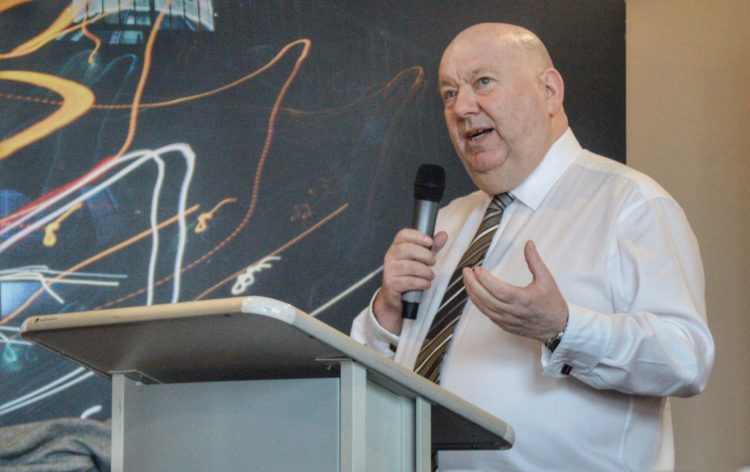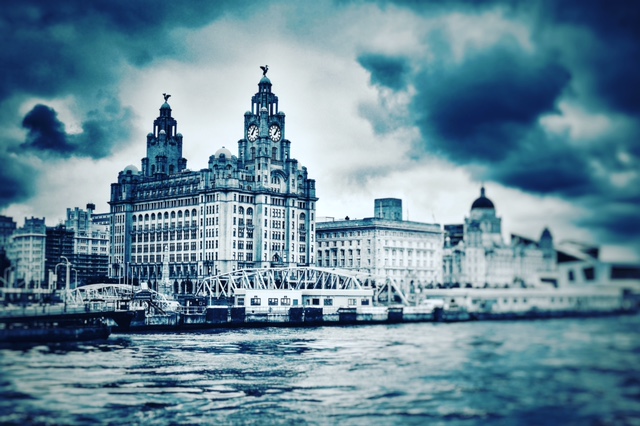World Heritage Committee formally approved the status at its annual summit in Bahrain on Tuesday, accepting a recommendation by UNESCO that Liverpool is not delated. Tony McDonough reports

Liverpool’s world famous waterfront is to keep its World Heritage Status (WHS) – but it remains on the danger list.
The World Heritage Committee formally approved the status at its annual summit in Bahrain on Tuesday, accepting a recommendation by UNESCO and heritage body ICOMOS that Liverpool is not deleted from the World Heritage list.
UNESCO has been concerned about the impact proposed new developments, in particular the £5bn Liverpool Waters scheme, would have on the waterfront. Liverpool Waters is not inside the WHS site but is in a buffer zone.
As early as this year Liverpool City Council had continued to take a bullish approach to UNESCO’s concerns with Mayor Joe Anderson insisting the city could not be “preserved in aspic” and that new developments must go ahead.
However, since then the city has adopted a more conciliatory approach to UNESCO. And, in concert with this, property giant Peel, the developer behind Liverpool Waters, has revised its plans by cutting the height of the proposed buildings.
The decision also recognises the collaborative work of the council, Government, Historic England and Peel which resulted in a new Desired State of Conservation Report (DSOCR) describing the corrective measures Liverpool is proposing to protect the Outstanding Universal Value (OUV) of its World Heritage site.
The DSOCR which was endorsed by the council’s cabinet in February and submitted to the Department of Digital, Culture, Media and Sport was fully accepted by the World Heritage Committee at its 42nd session.
The report focuses on the main issue of how the city needs to balance its projected population and economic growth over the next 15 years, which will see the creation of 35,000 new homes and 30,000 jobs, whilst protecting its WHS.
Mayor Joe Anderson, who set up an independent task force to forge a positive debate with Government and UNESCO, said: “Liverpool’s maritime heritage is a fundamental part of our city, our history, and our culture offering to attract visitors. We are, rightly, very proud of our heritage and its contribution to our tourism economy.

“The DSOCR report shows in great detail the lengths Liverpool has already gone and will continue to go, to balance the needs of a growing city whilst protecting our World Heritage Status.
“This is a delicate task and involves all the major city stakeholders working together to understand very specific planning issues and creating solutions that works for the city and UNESCO.”
The UNESCO and ICOMOS report can be read here (pages 4-7) by clicking here.
Sir David Henshaw, chair of Liverpool’s WHS taskforce said inviting the WHS committee to Liverpool would be “a crucial next step so members can see for themselves the progress that is being made in Liverpool”.
He added: “This decision is very good news in the sense that our status is not going to be removed. Liverpool is still on the danger list so there’s much work to be done. Fortunately much progress has been made and now there is a clear roadmap to develop.”

